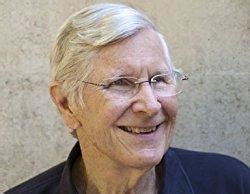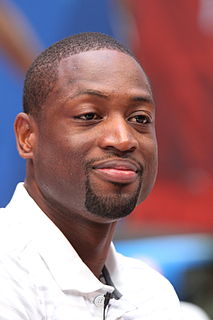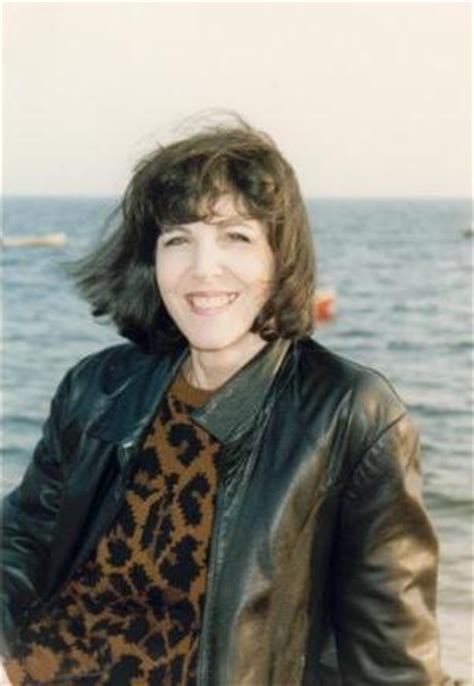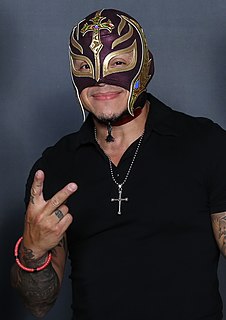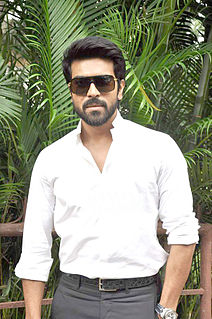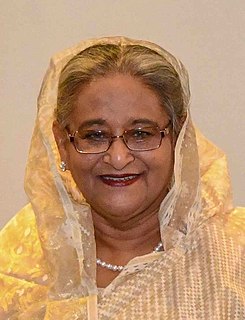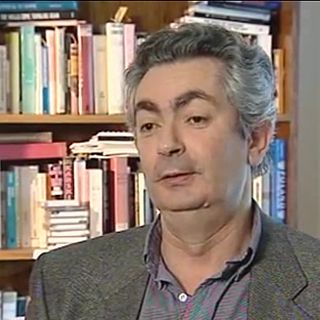A Quote by Pat Conroy
My father wouldn't let me take typing in childhood.
Related Quotes
I still remember how my father used to wake me up at 4 A.M. and make me study. He also used to take me for a walk and then always dropped me to school. I was very disciplined, as my father inculcated those values in me. Now that my father is no more, I understand that you should not take your parents for granted.
At 9 years old, I moved in with my father because my mother could no longer care for me. Looking back, I now see so many similarities between my own childhood and that of my sons. My father stepped in when I needed him, and that gave me the chance for a better life. That's what I'm doing for my boys now.
Typing is an essential skill, but it can be painful. Some children just don't know where the letters are. Typing a three-page story, when they have to spend minutes hunting for every letter, can take forever. Yet we tend to assume that children can type, partly because quite a lot of us know where quite a lot of the letters are, so we assume that children do, too.
Growing up the son of a director has made me very aware of the various turns that a directing career can take. Sometimes your films turn out exactly as you want. Sometimes they don't. I spent a lot of my childhood on sets. I think as a joke, my father gave me a line of dialogue in each of his films during the worst moments of my puberty.
The angels started visiting and helping me as far back as I can remember. I was lonely a lot in my childhood and the angels would come and comfort me, and help me to feel better, and at the same time they would also take me to places. I literally mean they would take me on a journey and tell me things.



